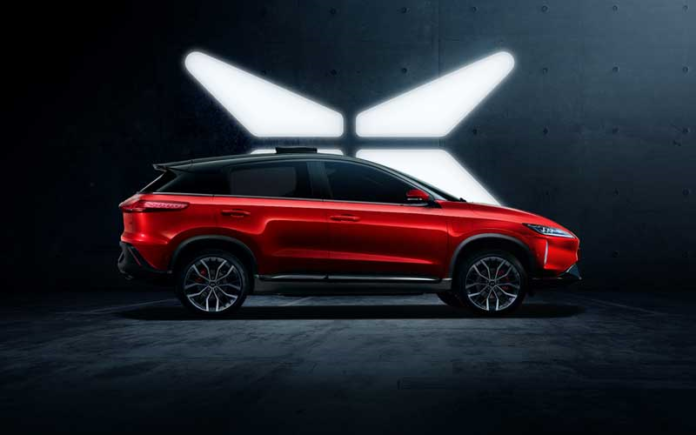
Xpeng Motors, a Chinese electric vehicle (EV) start-up backed by Alibaba Group, is seeking to complete a new funding round at a “comparable amount” to the previous round that was about US$600 million, the company’s president Brain Gu Hongdi told American business news media CNBC.
“Last year, we raised in a B plus round, raised 600 million U.S. dollars. We’re probably going to raise [a] comparable amount to the last round,” Gu was cited as saying. “It will definitely have to be this year.” He said that several factors have influenced investor sentiment including the poor performance of public-listed electric car manufacturers.
The remarks came as electric vehicle sales in China has grown tenfold since 2014. The country became the first one worldwide to see new energy vehicle sales exceeded one million in 2018, about three-quarters of which were pure EVs and the rest hybrids.
However, Chinese EV makers, who have long enjoyed generous government policies and ample funding, are facing with challenges to survive in the already overcrowded market after the Chinese government unveiled a new policy in late March that will cut subsidies to about RMB25,000 (US$3,610) in June from the previous RMB70,000 (US$10,100) per vehicle on average.
Founded in 2014, Xpeng Motors focuses on developing “internet cars” and electric vehicles, and is also conducting research on autonomous driving technology. The company has started deliveries of its first production car, the G3 electric sport utility vehicle (SUV), with a monthly sales volume of 2,704 units in May 2019. It also unveiled a coupe called the P7 in April 2019.
Xpeng Motors has so far raised a total of RMB10 billion (US$1.44 billion) with a valuation of nearly RMB25 billion (US$3.61 billion). The company closed a RMB4 billion (US$577 million) series B+ round in August 2018, before it raised RMB2.2 billion (US$348 million) in a series B round led by Alibaba Group, IDG Capital and Foxconn in January 2018.
The company also completed an undisclosed amount in a series A+ round from investors including Alibaba, GGV Capital, and Matrix Partners China in December 2017, and a strategic investment worth RMB2.2 billion (US$320 million) from Ucar Group, a mobile app-based chauffeured car service launched by Chinese car rental company CAR Inc in June 2017.


